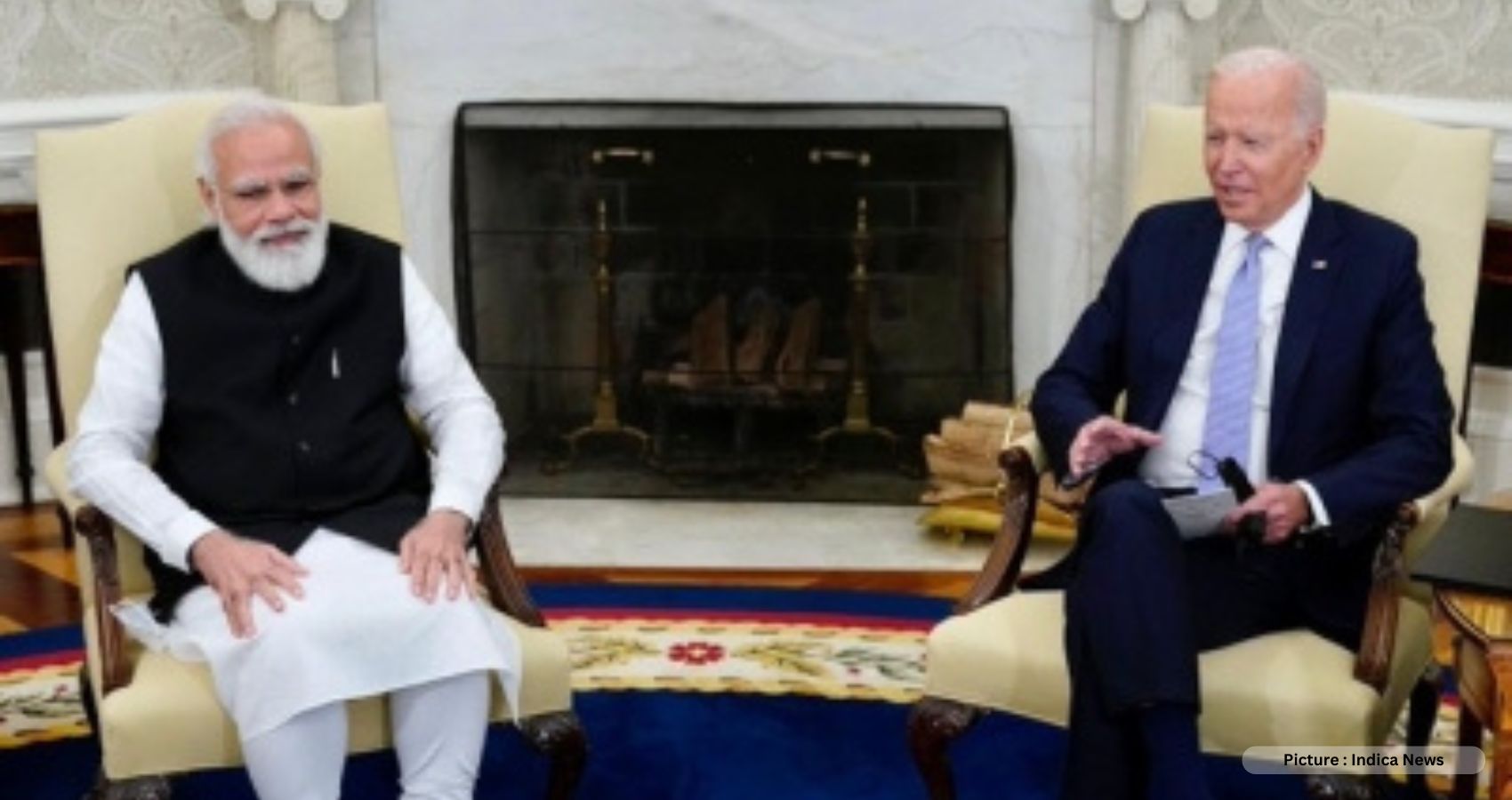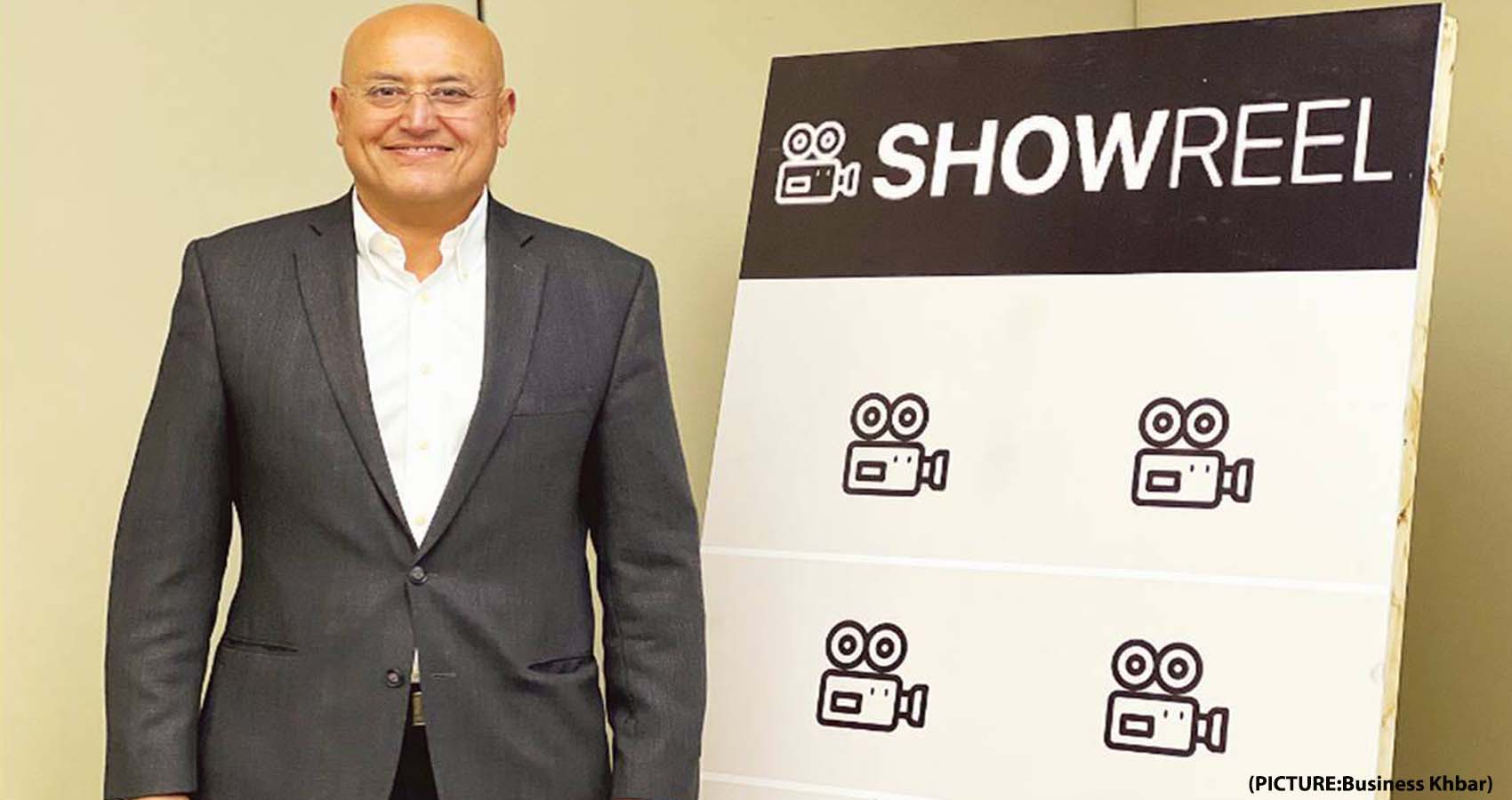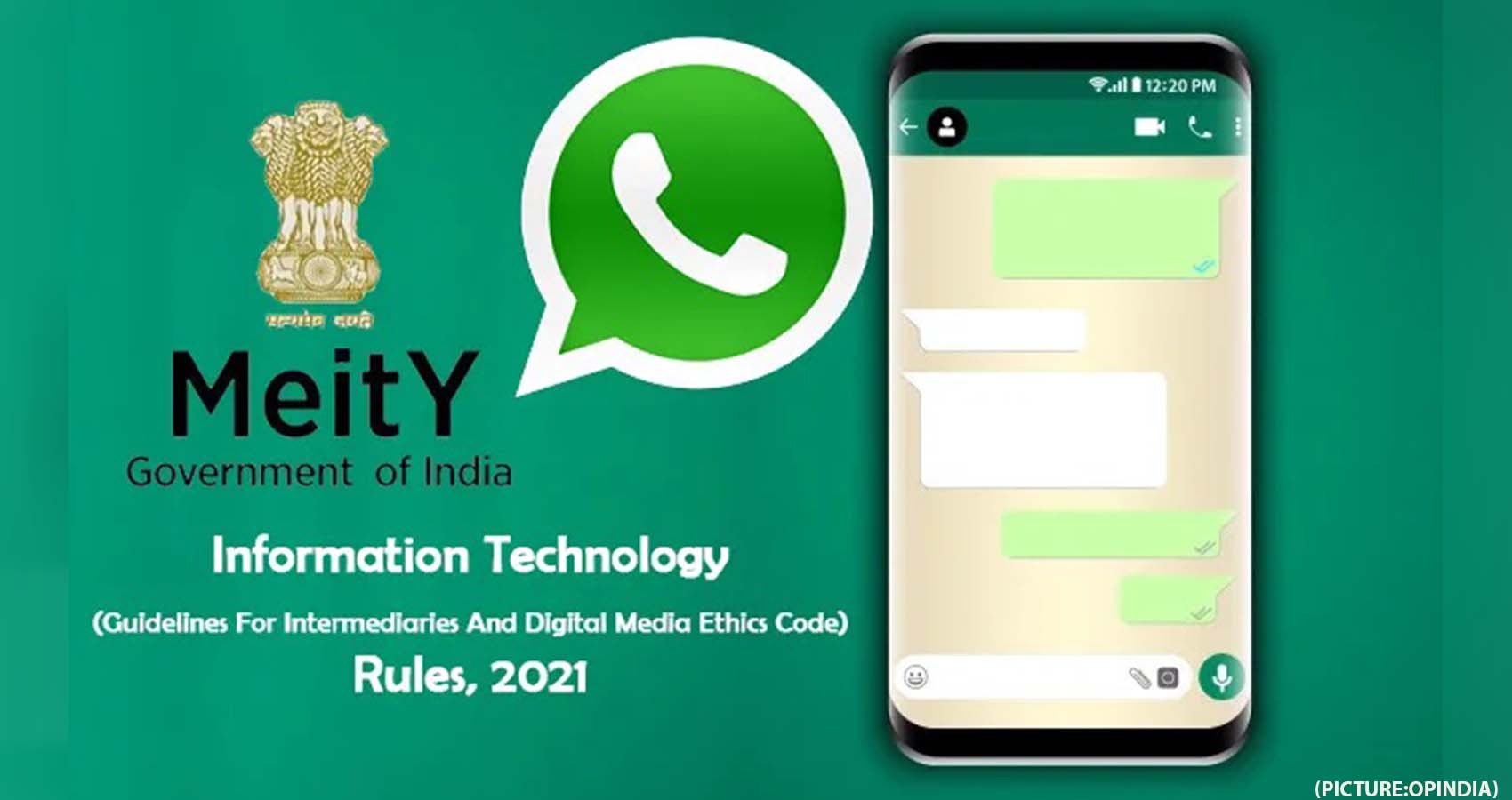Yashwant Raj (IANS)–
More than 70 Democratic members of the US Congress on Tuesday urged President Joe Biden in a joint letter to raise “areas of concern” in his meeting with Prime Minister Narendra Modi.
President Biden and Prime Minister Modi are scheduled to hold a private meeting on Wednesday night, followed by further meetings.
President Biden and First Lady Jill Biden will host Prime Minister Modi at a state dinner later on Thursday.
“As longtime supporters of a strong US-India relationship, we also believe that friends can and should discuss their differences in an honest and forthright way,” the lawmakers said in the letter, adding, “That is why we respectfully request that — in addition to the many areas of shared interests between India and the US — you also raise directly with Prime Minister Modi the areas of concern.”
They added: “Credible reports reflect troubling signs in India toward the shrinking of political space, the rise of religious intolerance, the targeting of civil society organisations and journalists, and growing restrictions on press freedom and internet access.”
The joint letter was led by Pramila Jayapal, an Indian-American leader of the Progressive Caucus of the Democratic party in the House of Representatives, and Senator Chris Van Hollen, who went to school in India for a few years.
They were joined among others by Senators Bernie Sanders, Elizabeth Warren and Richard Durbin; and Representatives Jerrold Nadler, Grace Meng, Elissa Slotkin, Seth Moulton, Linda Sanchez and Maxwell Frost.
The lawmakers also cited US reports to underscore their concerns.
“The State Department’s 2022 Country Report on Human Rights Practices in India documents the tightening of political rights and expression. Similarly, the State Department’s 2022 Report on International Religious Freedom in India details the worrisome increase in religious intolerance towards minorities and religiously motivated violence by both private and state actors.”
They further cited Reporters Without Borders to say that “India, a country that has been known in the past for its vibrant and independent press, has fallen significantly in the rankings for press freedom”.
They added, Access Now, which tracks curbs on internet access, rates India as first in terms of the most internet shutdowns for the fifth year in a row.
The lawmakers welcomed Prime Minister Moi’s visit and wrote, “We want a close and warm relationship between the people of the United States and the people of India. We want that friendship to be built not only on our many shared interests, but also on shared values.”
They also made clear, perhaps in view of Congress leader Rahul Gandhi’s recent visit to the US, “We do not endorse any particular Indian leader or political party – that is the decision of the people of India – but we do stand in support of the important principles that should be a core part of American foreign policy.”
The lawmakers urged Biden that “during your meeting with Prime Minister Modi, you discuss the full range of issues important to a successful, strong, and long-term relationship between two great countries”.




